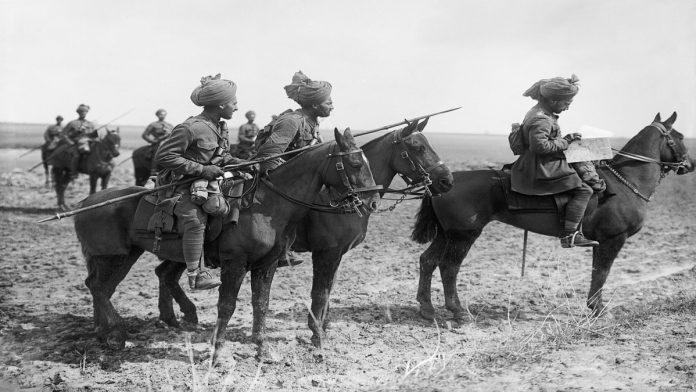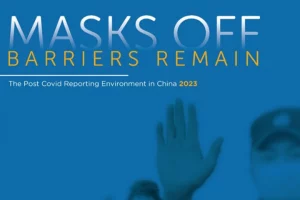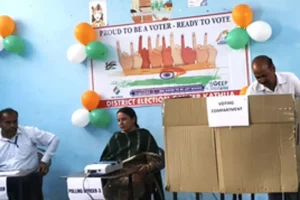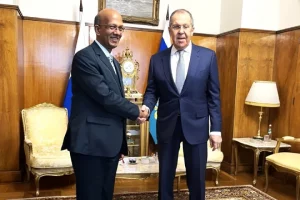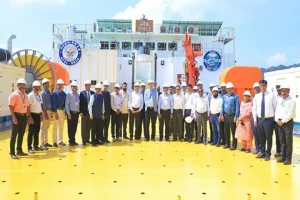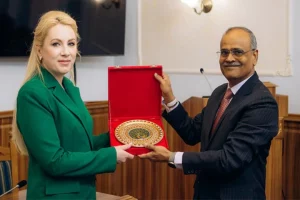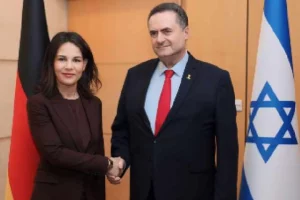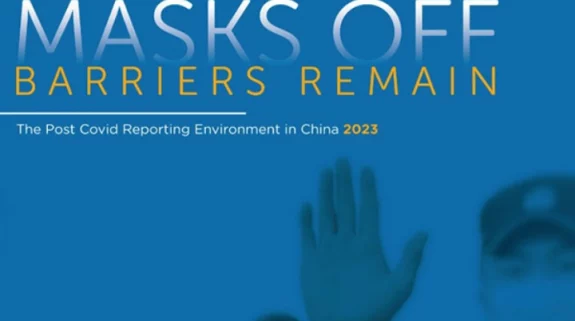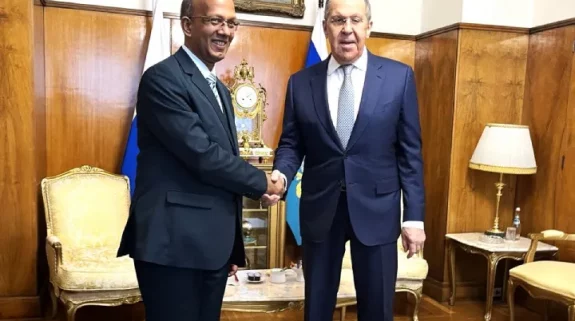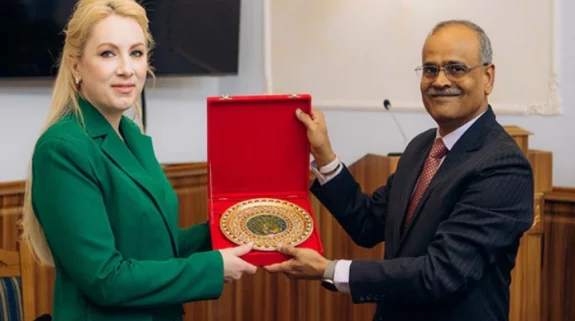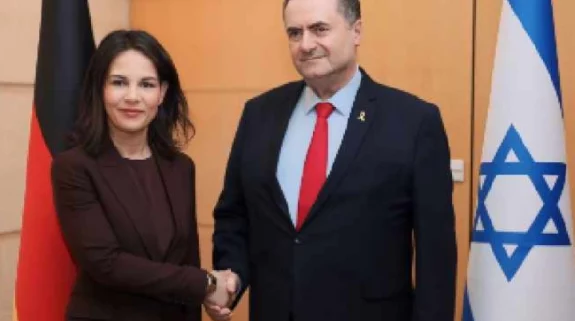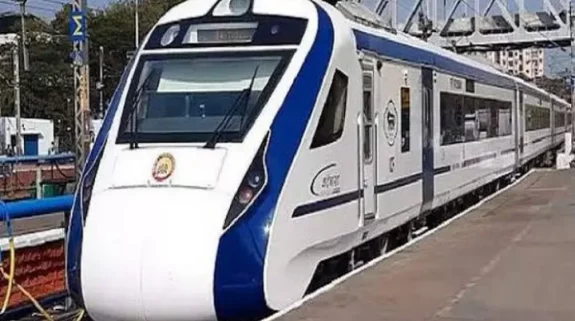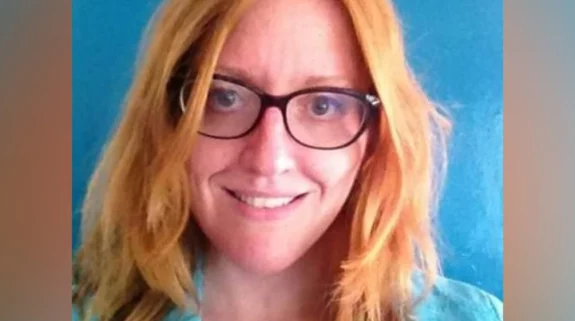Exactly 102 years ago, Indian troops created history in World War-I when they defeated the combined forces of the Ottoman Empire, the Germans and the Austrians in the port city of Haifa. In a small but significant way, Indians helped hasten not just the end of World War-I but also ensured the closure of the Ottoman Empire. With growing focus on Indian military history and the significant role of Indians across many continents in the World Wars, gems of Indian soldiering are coming out with great regularity.
The world too is opening its eyes to the Indian contribution in the two World Wars. The battle of Haifa, now in Israel, between the Indian troops—fighting on the side of the Allies—and the Ottoman Empire and German soldiers altered the geopolitics of the region. Col. D.P.K. Pillay (Retd), a decorated officer, now working with the MPIDSA, says: "By trouncing the Turkish soldiers, the Indian troops caused a gash in the Ottoman empire from where the British fleet came in and eventually defeated the opposing forces."
The battle is significant for myriad reasons. One was the fact that the Indian soldiers strategized the campaign and led the fight themselves. Their battle, fought against all odds, has gone down in history for its professional achievement—Jodhpur, Mysore and Hyderabad Lancers, armed just with spears defeating the far more Turk and German soldiers armed with machine guns and artillery. There were no British officers to head the Indians as they were busy on other fronts of WW-I, breaking a myth that Indian soldiers had to be led by British officers. This had far-reaching consequences.
"This display of valor and professionalism led the British to eventually begin taking Indians in the army as officers. Sandhurst was opened up for Indians and the Prince of Wales Royal Indian Military College was established to train Indians for senior roles in the army." says Pillay. Further, the Indians were given the task to rescue Abdul Baha—the son of Bahaullah, the founder of the Bahai faith—who had been given the death sentence by the Ottoman ruler for professing a religion other than the one ordained by the State.
Baha's contribution to the poor and distraught people was immense as his humanitarian work ensured that people in the region did not go hungry. Saving the Bahai leader too was accomplished and this allowed for the Bahai faith to flourish in India. Baha was released from captivity and he continued to spread his father's faith. Over the decades India now hosts one of the largest populations of the Bahais in the world—a faith that preaches equality of all religions and love of all mankind.
Besides the Indians battle tactics and the saving of Baha, the battle is also remembered for many other reasons. Pillay says that the battle of Haifa has left its mark on human history. "More than the physical losses suffered by the Turks, the Battle of Haifa broke the morale of their army and its retreat became a rout which resulted in the Armistice being signed by not only the Turks but also Germany and Turkey." The battle ensured that WW I came to an end soon and it paved the way for the formation of Israel and overwhelming historical changes in the Arab world.
It is no wonder that the Israelis celebrate the battle in a big way and are now sharing those celebrations with Indians and also with the British. Israel has even included the battle in its school books. With researchers and historians dredging information nuggets on India which had been conveniently ignored or buried due to ideological and political reasons, or just ignorance, many people are beginning to embrace and celebrate these unique stories. The descendants of people involved in the historical battles, even though for and under the British, feel a sense of vindication. For other Indians, such stories are a matter of pride and instill a sense of worth.
The bravery of the Indian soldiers at Haifa is celebrated on September 23 at the Teen Murti memorial in Delhi and in the port city of Haifa itself. On his visit to Israel in 2017, Prime Minister Narendra Modi visited the Haifa cemetery to pay a visit to the fallen Indian soldiers, who had but been forgotten in India.






